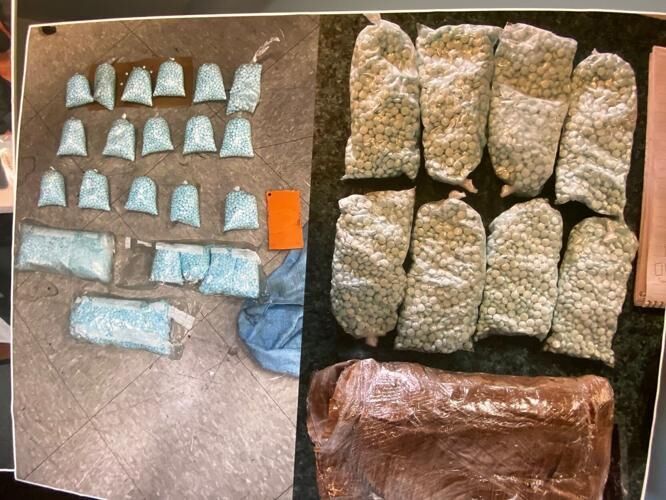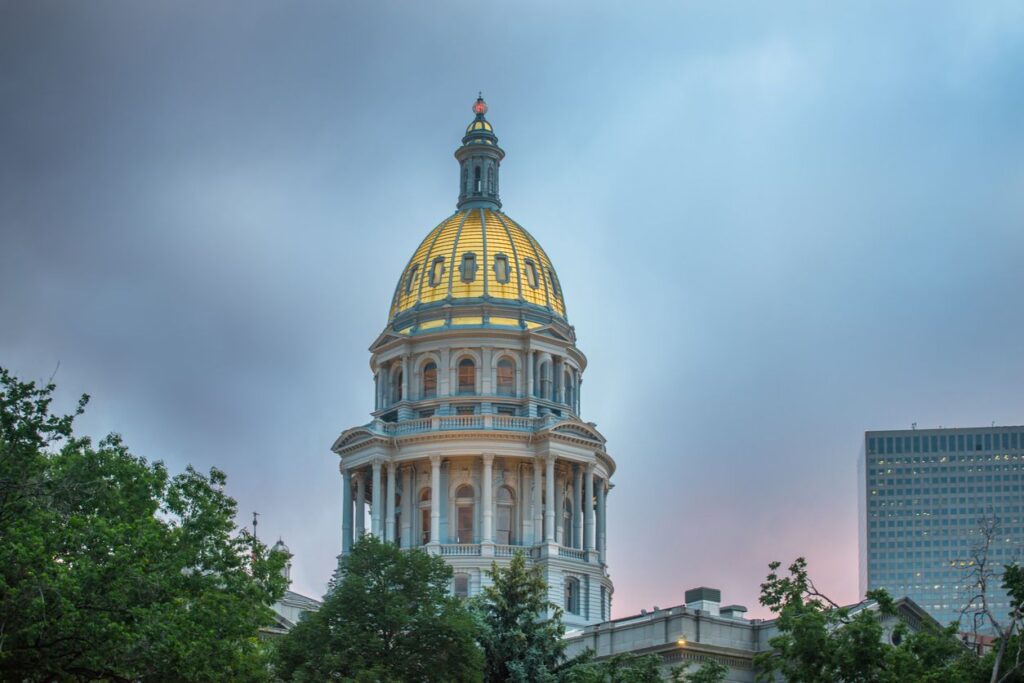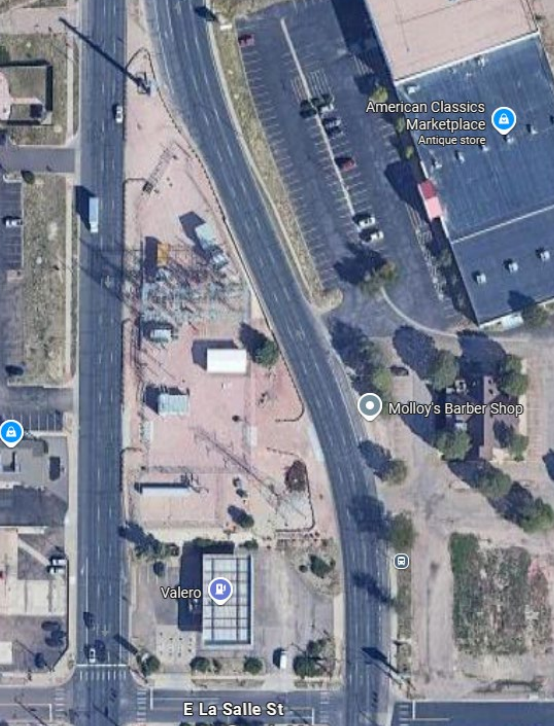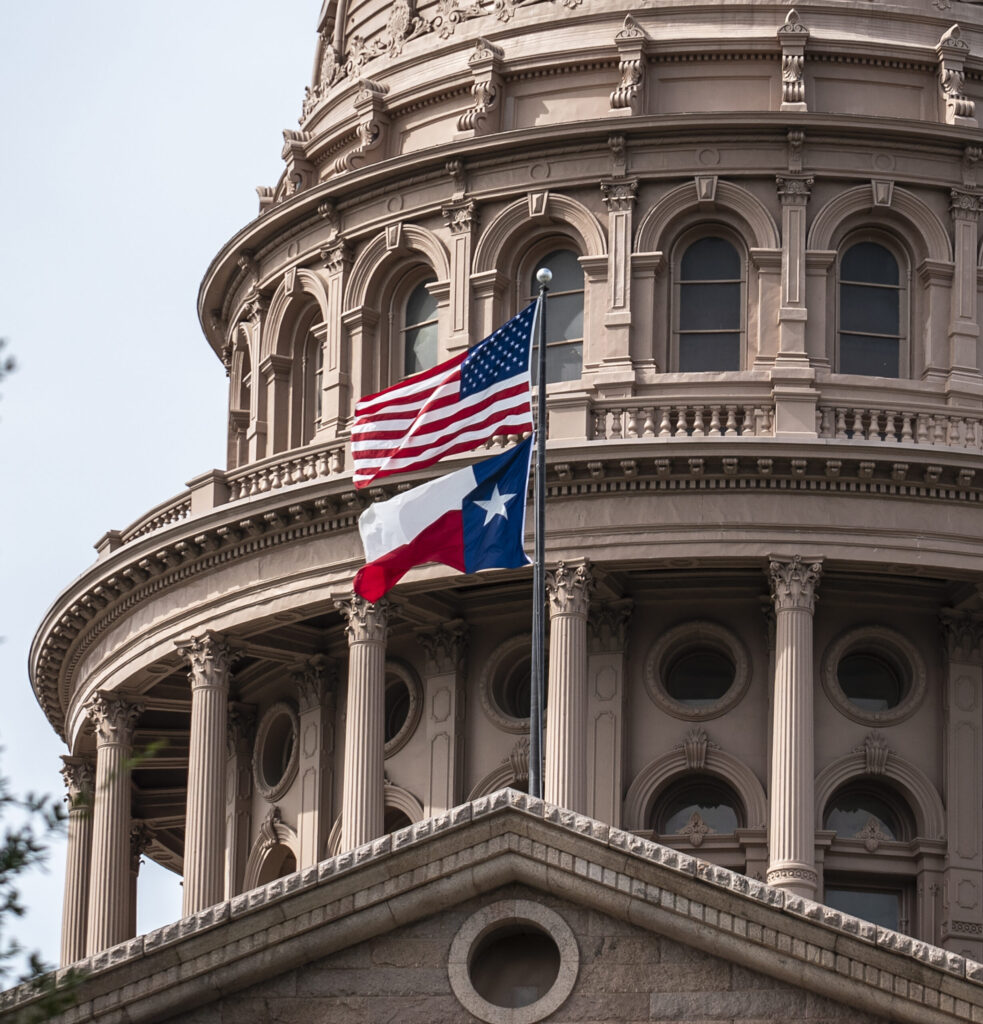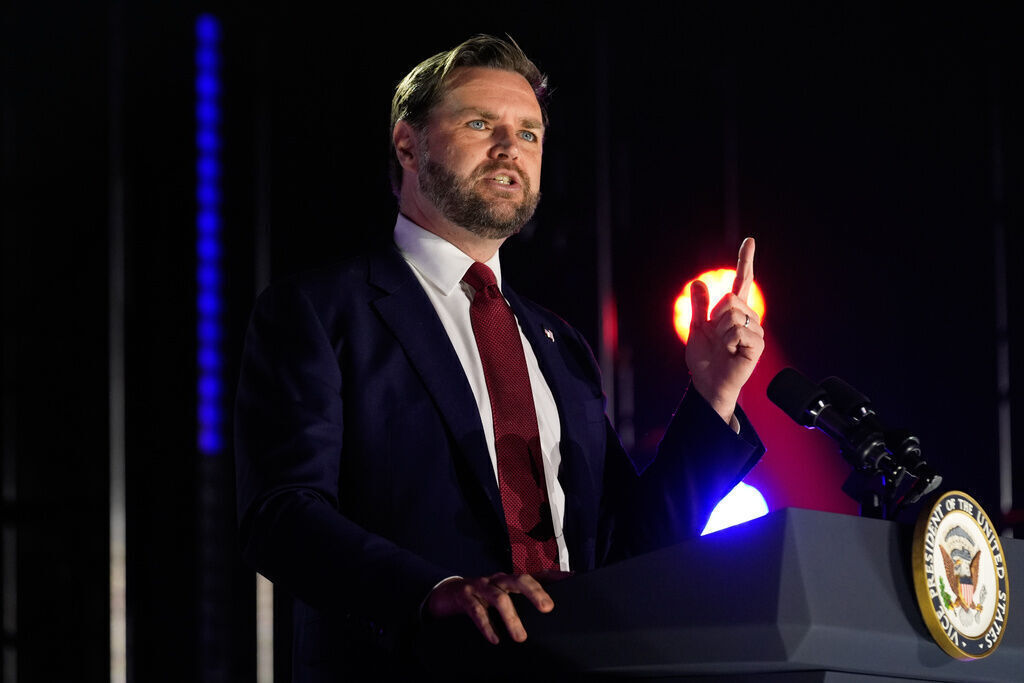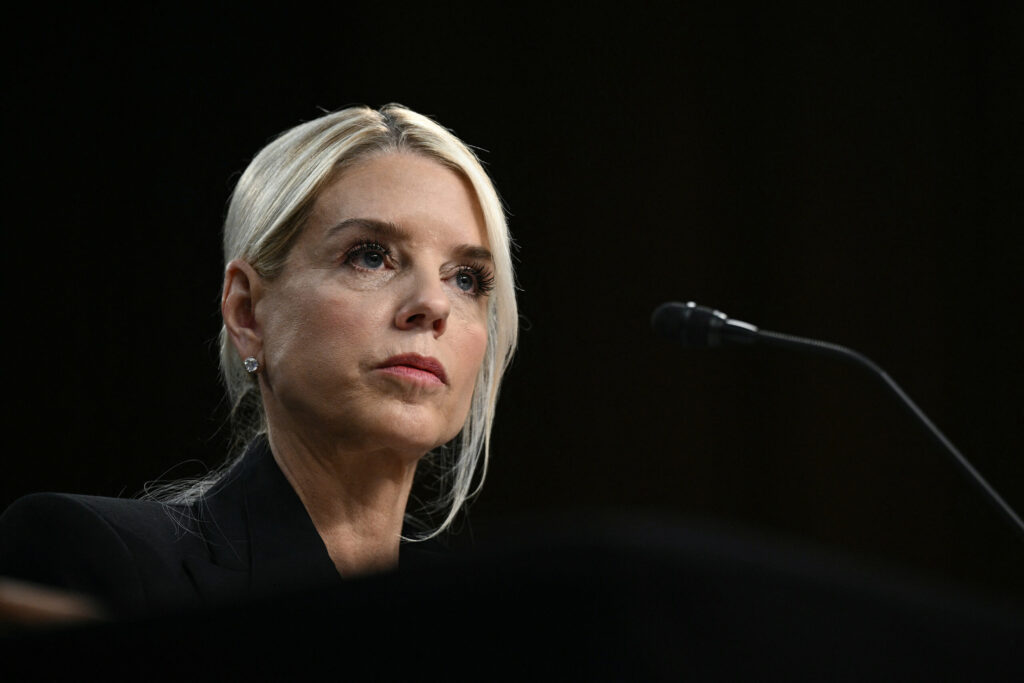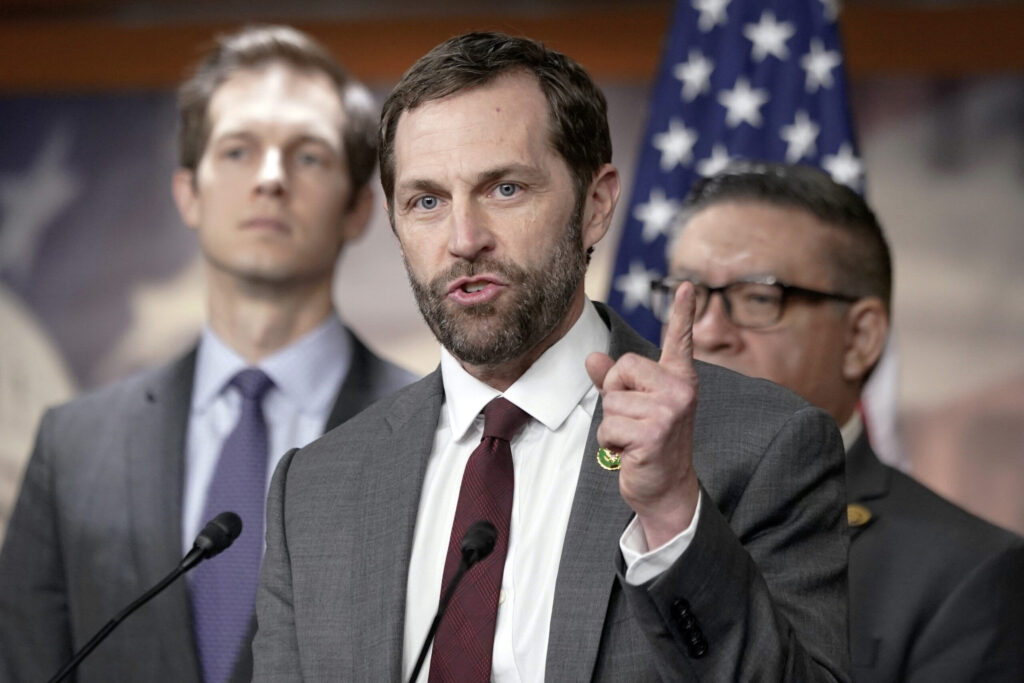Survey: Given a chance, DougCo voters may well have opted for more transportation funding
Not long after a Douglas County commissioner was rebuffed in her bid to let county voters reroute some law enforcement funding to transportation, a new survey suggests they would have jumped at the chance if the proposal had gone to the ballot.
You’ll recall County Commissioner Lora Thomas proposed a ballot issue last month to reshuffle proceeds from a long-standing county sales tax that has generated hundreds of millions of dollars for law enforcement since 1995. Thomas had wanted a little over half of the revenue from the 0.43 percent Douglas County Justice Center Sales and Use Tax to go instead toward upgrading I-25 south of Castle Rock as well as improving other roads.
DougCo Sheriff Tony Spurlock spoke out against the proposal, and Thomas’s two fellow commissioners – one of whom, David Weaver, is himself the former sheriff who had preceded Spurlock – voted against advancing Thomas’s proposal to this fall’s ballot.
You might say Thomas was proposing a paradigm shift – political jargon for a wakeup call – in her attempt to tap a 1990’s revenue source to address the county’s 21st-century needs.
We’ll never know for sure how county voters would have settled the matter – but as it turns out, new public-opinion data just released last week by the county gives us a pretty solid hint. An annual county survey conducted in late May and early June strongly suggests Thomas was in sync with public opinion.
Here’s what the Hill Research Consultants findings reveal:
There’s more. The survey also presented a series of statements and asked respondents if they strongly agreed, agreed, disagreed or strongly disagreed. When told, “Traffic congestion across the county seems to be improving,” 72 percent disagreed, with 31 percent strongly disagreeing in the rapidly growing county.
Those polled also were asked to prioritize a list of policy objectives, including, “Improving transportation infrastructure in Douglas County and its municipalities and the state, including roads, bridges, and highways.” Forty-five percent gave it a medium priority – and fully 53 percent of respondents assigned it a high priority. That was the highest “high priority” given to any of the suggested policy objectives.
No survey makes for a mandate; only elections can do that, or so we’re told. Yet, the findings do indicate Thomas is onto something. Perhaps commissioners will revisit the issue?



